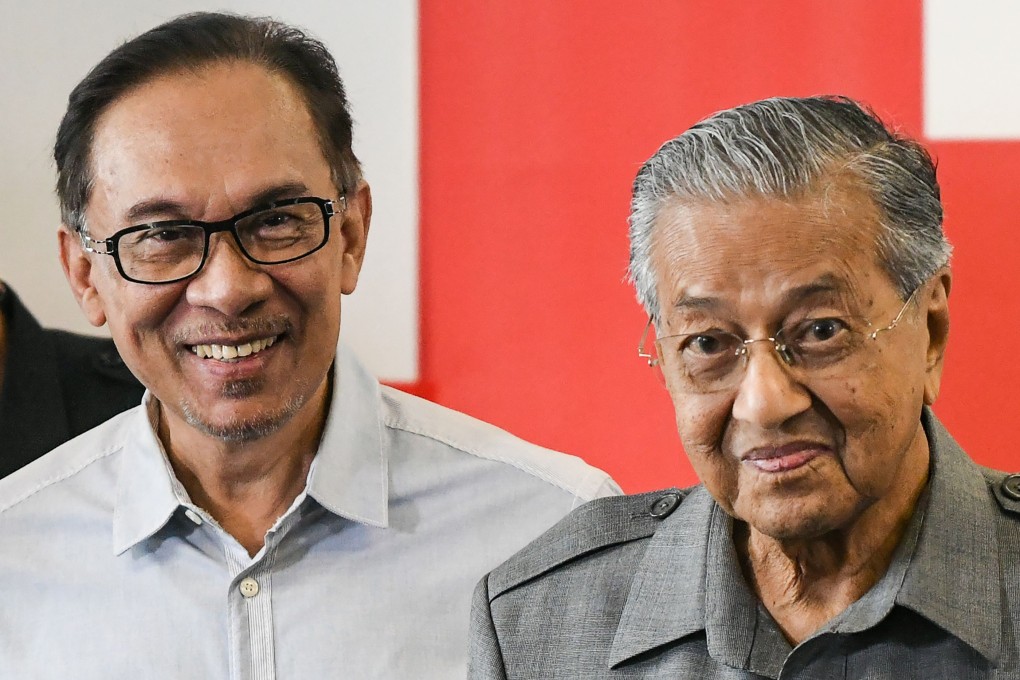Opinion | How Malaysia’s Pakatan Harapan coalition failed to deliver, and what it needs to do in opposition
- The new Perikatan Nasional government is likely to maintain major policies, especially as nothing really changed during PH’s 22 months in power
- Malaysia needs a new narrative, of equality, justice and pursuing fair distribution and broad participation. PH now has time and impetus to thrash this out

To avoid rocking an already buffeted nation, the new government is expected to maintain major economic policies, but in light of the PN coalition’s roots we can expect some alteration of ethnic quotas and government contracts, and the reshuffling of top administrative and government-linked company posts. One key difference is that PN declares upfront that it upholds race-based policies.

Another reason for the continuity of economic policies – especially the pro-Malay agenda currently in the limelight – is that fundamentally, nothing changed under the PH coalition. The system mostly drifted on autopilot for the past 22 months while it was in power, continually providing opportunities but not effectively empowering the beneficiaries.
PH floundered in policy indecision. It generated expectations of sweeping equality that it simply could not deliver, to the chagrin of many urban voters, and shied away from commitments to Malay preferential policies, thus alienating the majority ethnic group.
